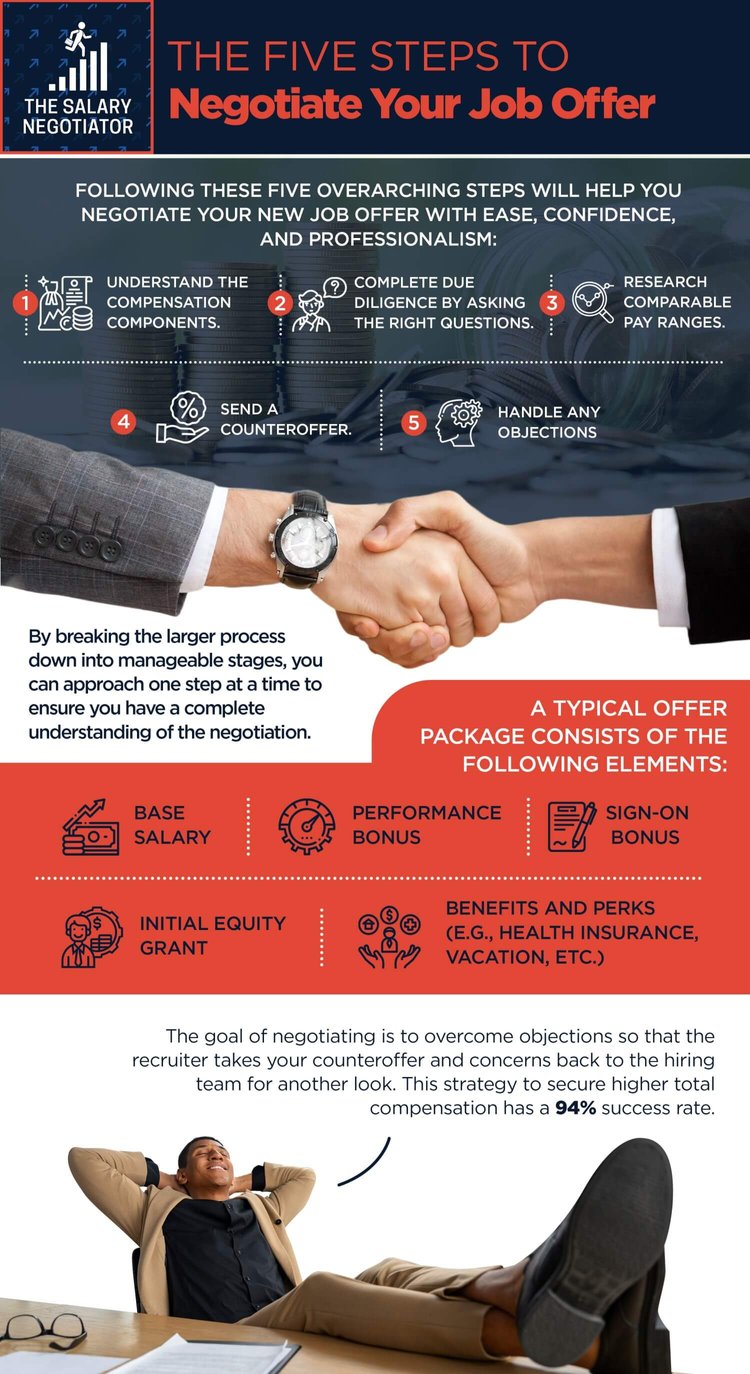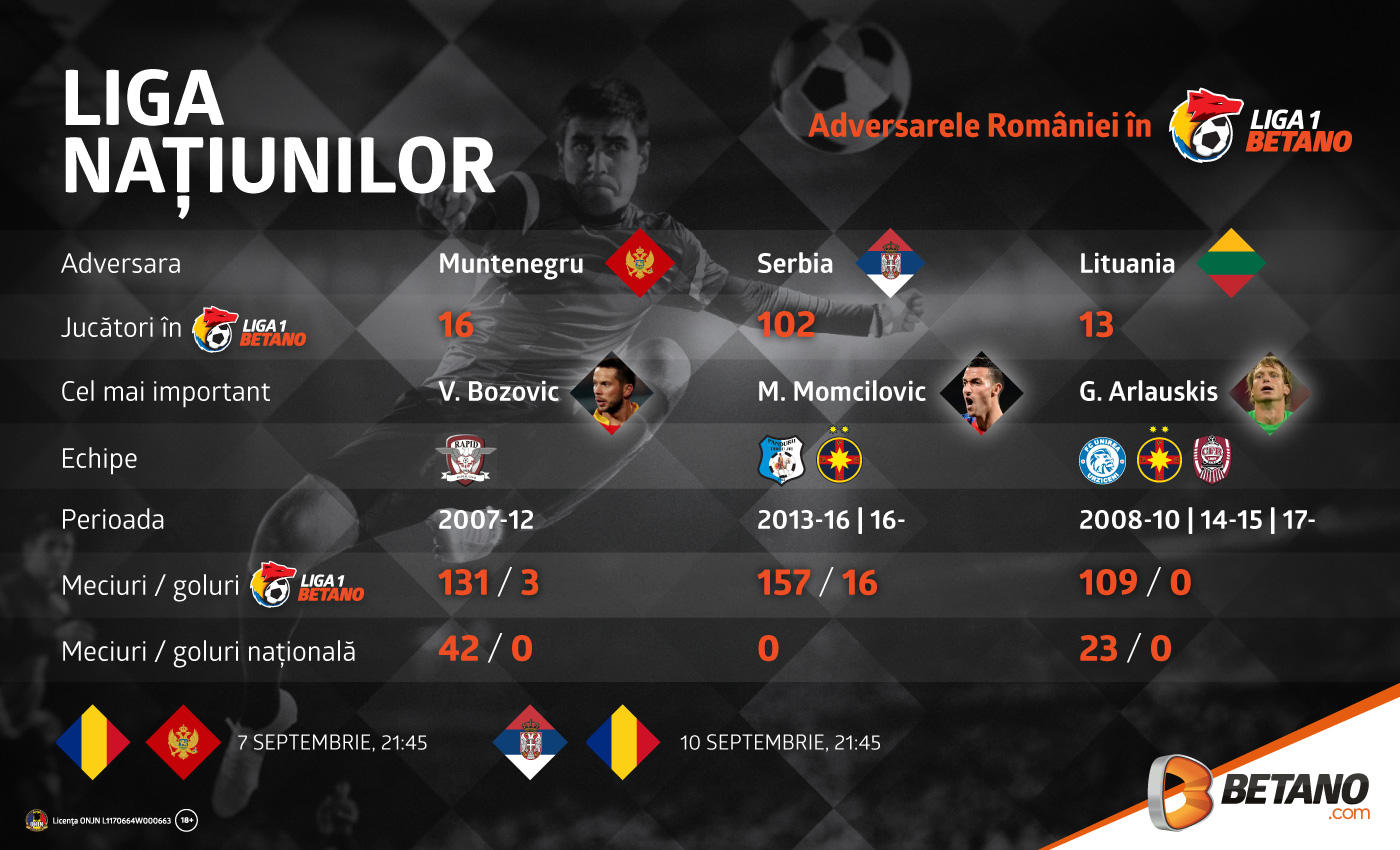Can You Still Negotiate After A 'Best And Final' Job Offer?

Table of Contents
Understanding the "Best and Final" Offer Strategy
The phrase "best and final offer" is a tactic frequently employed by employers to signal the end of salary negotiations. From the employer's perspective, it signifies their willingness to finalize the hiring process swiftly and efficiently. They might believe their initial offer is already highly competitive, based on their budget and assessment of your skills and experience. Further, the employer might be hoping to avoid protracted negotiations, saving time and resources. However, there are potential downsides for employers if they're truly inflexible. A highly skilled candidate might walk away, leading to a costly and time-consuming repeat of the hiring process.
- Employer aims to finalize the hiring process quickly. This is particularly common when there's a pressing need to fill the position.
- Employer might believe their offer is already competitive. They may have conducted thorough market research or believe their benefits package is exceptional.
- Employer might be trying to avoid further negotiations. Prolonged negotiations can be frustrating and inefficient for both parties.
Situations Where Renegotiation Might Be Possible
While a "best and final" offer often suggests an end to negotiation, there are circumstances where renegotiation might still be possible. The key lies in presenting new information or highlighting previously unaddressed factors that significantly impact the initial offer.
- Discovering a significant discrepancy between the offered salary and market rate for similar roles. If thorough research reveals your offered compensation falls significantly below industry standards for similar roles in your location with your experience, you have strong grounds for renegotiation.
- Receiving a superior counter-offer from another company. A competing offer serves as powerful leverage. It shows the employer that your skills are in demand and that losing you would be detrimental to them.
- Identifying inaccuracies or omissions in the initial offer letter. If the offer letter contains errors or overlooks previously discussed aspects of the compensation package, it’s acceptable to address these inaccuracies.
Here are some factors that could increase your leverage for renegotiation:
- Strong market demand for your skills. If your skills are highly sought after, you have more negotiating power.
- High value you bring to the company. Quantify your contributions and highlight the potential return on investment for the employer.
- Unforeseen changes in the job description or responsibilities. If the job description or responsibilities have significantly altered since the initial offer, a salary adjustment could be warranted.
Strategies for Negotiating After a "Best and Final" Offer
Negotiating after a "best and final" offer requires a professional and respectful approach. Avoid aggressive tactics and focus on building a collaborative relationship with the hiring manager. Highlight the value you bring to the company and emphasize the long-term benefits of meeting your compensation expectations.
Here's a step-by-step guide to approaching the conversation:
- Express appreciation for the offer. Acknowledge their offer before stating your case.
- Politely but firmly state your reasons for renegotiation. Back up your reasoning with data and facts, such as market research or a competing offer.
- Present your case clearly and concisely. Avoid emotional outbursts or rambling.
- Propose specific and reasonable counter-offers. Base your counter-offer on market research and your value to the company.
- Be prepared to walk away if necessary. Know your bottom line and be prepared to decline the offer if your needs aren't met.
What to Avoid When Renegotiating a "Best and Final" Offer
While aiming for the best possible outcome, it's crucial to maintain professionalism throughout the negotiation process. Avoid aggressive tactics and focus on respectful communication.
- Ultimatums or threats. These tactics are rarely effective and can damage your relationship with the potential employer.
- Emotional outbursts or negativity. Maintain a calm and professional demeanor, even if you're frustrated.
- Unrealistic or excessive demands. Base your counter-offer on realistic market data and your value proposition.
- Making false claims or misrepresenting your qualifications. Honesty and transparency build trust and credibility.
Conclusion: Successfully Navigating "Best and Final" Job Offers – Your Next Steps
While a "best and final" job offer might seem like a closed door, this article highlights several scenarios where successful negotiation remains possible. A professional, well-prepared approach, focused on mutual benefit and backed by solid data, can significantly improve your chances of securing a more favorable outcome. Remember to emphasize the value you bring, present a reasonable counter-offer, and be prepared to walk away if necessary. Mastering the art of negotiating a best and final job offer requires confidence and preparation, but the potential rewards are well worth the effort. Successfully negotiate your best and final job offer by utilizing the strategies outlined in this article.

Featured Posts
-
 Bangladesh Fight Back Zimbabwe Test Match Report
May 23, 2025
Bangladesh Fight Back Zimbabwe Test Match Report
May 23, 2025 -
 Rezultat Surprinzator In Liga Natiunilor Georgia Armenia 6 1
May 23, 2025
Rezultat Surprinzator In Liga Natiunilor Georgia Armenia 6 1
May 23, 2025 -
 Hjwm Washntn Mnfdh Alhjwm Ela Sfart Alahtlal Ytalb Bhryt Flstyn
May 23, 2025
Hjwm Washntn Mnfdh Alhjwm Ela Sfart Alahtlal Ytalb Bhryt Flstyn
May 23, 2025 -
 F1 Bahrain Gp Piastri Dominates Qualifying Takes Pole
May 23, 2025
F1 Bahrain Gp Piastri Dominates Qualifying Takes Pole
May 23, 2025 -
 Fotografije Vanje I Sime Reakcije Fanova Gospodina Savrsenog
May 23, 2025
Fotografije Vanje I Sime Reakcije Fanova Gospodina Savrsenog
May 23, 2025
Latest Posts
-
 Lowest Gas Prices In Decades Expected For Memorial Day Weekend
May 23, 2025
Lowest Gas Prices In Decades Expected For Memorial Day Weekend
May 23, 2025 -
 Memorial Day Gas Prices A Decade Low Forecast
May 23, 2025
Memorial Day Gas Prices A Decade Low Forecast
May 23, 2025 -
 Arrows Neal Mc Donough Damien Darhk And A Possible Dc Project
May 23, 2025
Arrows Neal Mc Donough Damien Darhk And A Possible Dc Project
May 23, 2025 -
 Neal Mc Donough And Pro Bull Riding A Look At The Last Rodeo
May 23, 2025
Neal Mc Donough And Pro Bull Riding A Look At The Last Rodeo
May 23, 2025 -
 Neal Mc Donough Would Damien Darhk Beat Superman Exclusive Interview
May 23, 2025
Neal Mc Donough Would Damien Darhk Beat Superman Exclusive Interview
May 23, 2025
